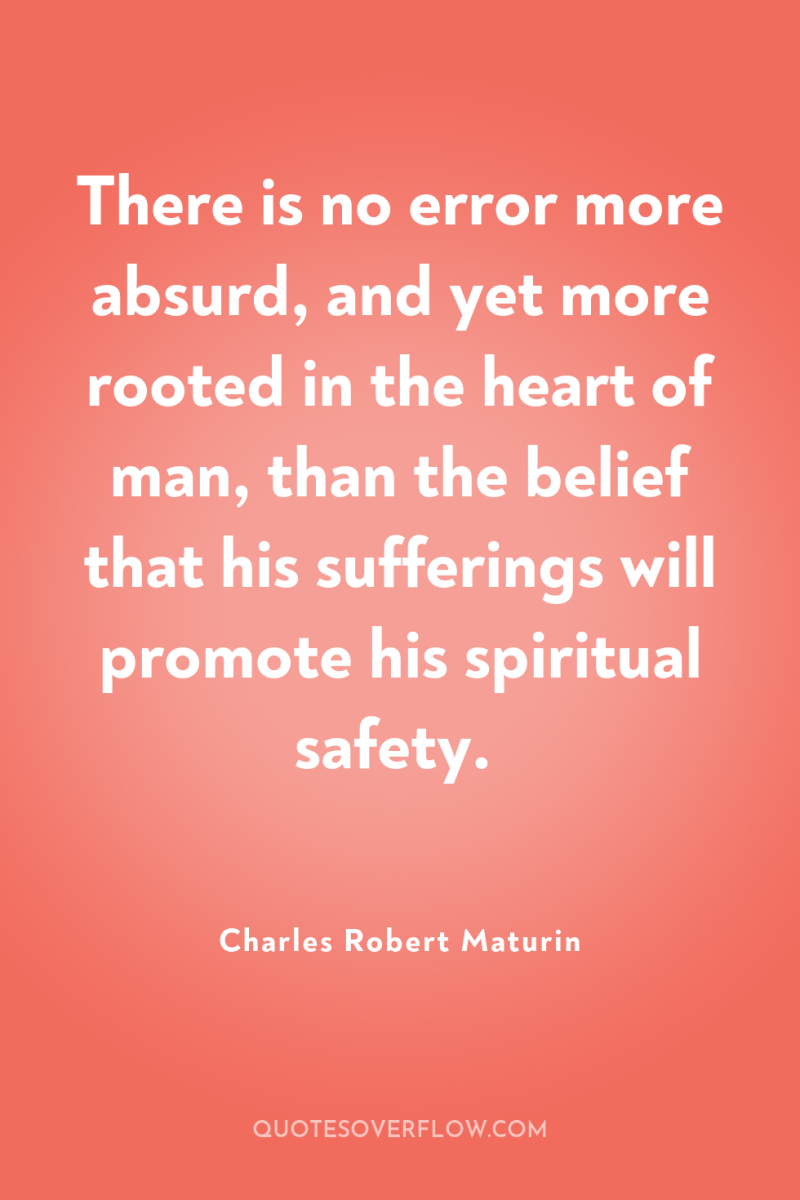Charles Robert Maturin was a British physician and the author of the novel Melmoth the Wanderer. He was born in Dublin in 1788 and died in 1867. His mother's family had been exiled from France for their Tory sympathies. Maturin received his medical training at Edinburgh University and practiced successfully as a surgeon at Dalkey Island, near Dublin, before emigrating to London
Read more
In 1822 he published his first novel, The Wanderer, which was a best-seller. His subsequent novels included Melmoth the Wanderer (1820), The Evil Genius (1825), The Fortunes of Perkin Warbeck (1826), The Non-Resident (1827), The Mysterious Warning (1828), The Wandering Jew (1830), A Star in the West (1831) and The Four Marriages (1833). He also wrote a number of medical works including On the Origin of Species by Means of Natural Selection, or the Preservation of Favoured Races in the Struggle for Life.
